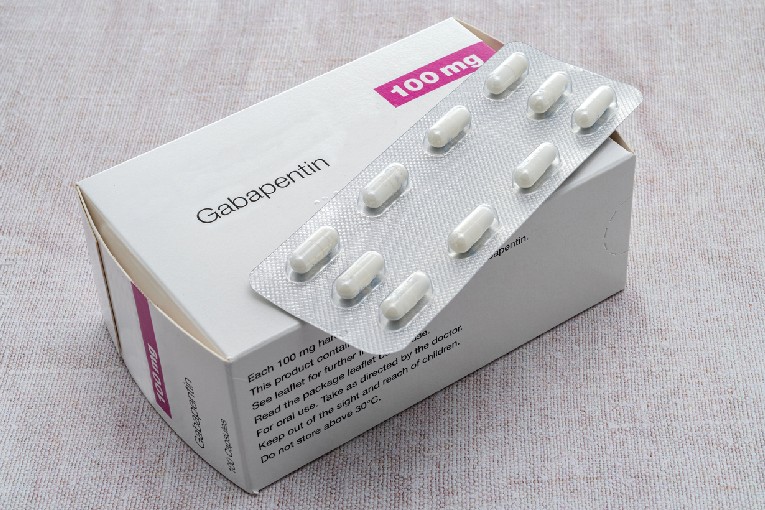Show content
The use of gabapentin for various conditions has grown in recent years, with more and more people using the drug to treat seizures, nerve pain, and sleep disturbances. However, there have been some concerns raised about the potential for gabapentin to cause depression in certain individuals. In this post, we’ll discuss what gabapentin is, its potential side effects, and what we know about the potential for gabapentin to cause depression. We’ll also discuss how to monitor and manage your feelings of depression if you’re taking gabapentin and how to contact your doctor if you’re concerned about your medication. After reading this post, you’ll better understand the potential risks and benefits of taking gabapentin so that you can make informed decisions about your health and well-being.
What is Gabapentin?
Gabapentin is an anticonvulsant medication that is sometimes prescribed to help treat epilepsy and other seizure disorders. It is also used off-label for other conditions, such as nerve pain and fibromyalgia. Gabapentin works by altering the transmission of electrical signals in the brain, which can reduce the intensity of seizures or relieve pain.
Can Gabapentin Cause Depression?
Research suggests that in some cases, gabapentin may be associated with the onset of depression. This is usually due to the drug’s interference with serotonin neurotransmission, which can lead to feelings of sadness and hopelessness. However, these side effects are rare and should not discourage people from using gabapentin when a healthcare provider prescribes it.
Possible Side Effects
In addition to depression, other mental health conditions may be associated with gabapentin use. These include anxiety, difficulty concentrating, irritability, agitation, restlessness, insomnia, and suicidal behavior. Although these side effects are rare, it is important to tell your healthcare provider if you experience any of them while taking gabapentin.
Other Mental Health Conditions That May Be Associated with Gabapentin
In addition to depression, some research suggests that gabapentin may also be associated with anxiety and suicidal behavior. Gabapentin’s inhibition of serotonin transmission can cause anxiety and can be characterized by high levels of worry and tension. Suicidal behavior is another serious possibility that has been linked to gabapentin use. If you have thoughts of self-harm while taking gabapentin, it is important to contact your healthcare provider right away.
How To Manage Side Effects
Non-pharmacological treatment options such as cognitive behavioral therapy (CBT) or talk therapy can be effective tools in managing side effects associated with gabapentin use. In addition, lifestyle changes such as regular exercise or stress reduction techniques like yoga or meditation may help improve mood and alleviate symptoms of depression or anxiety. If these measures are not enough to relieve symptoms, then medication options such as selective serotonin reuptake inhibitors (SSRIs) or tricyclic antidepressants may also be prescribed.
Conclusion
Gabapentin is a widely used anticonvulsant medication that can be effective in treating certain conditions. However, there have been some concerns raised about its potential to cause depression in certain individuals. We have discussed what gabapentin is, its potential side effects, and what we know about the potential for gabapentin to cause depression. We have also discussed ways to monitor and manage potential side effects, as well as alternative treatments that may be used for those who experience mental health problems while taking gabapentin. While gabapentin may have accompanying risks and side effects, with proper management and guidance from a healthcare provider, it can still be a safe and effective option for treating seizures and other medical conditions.

